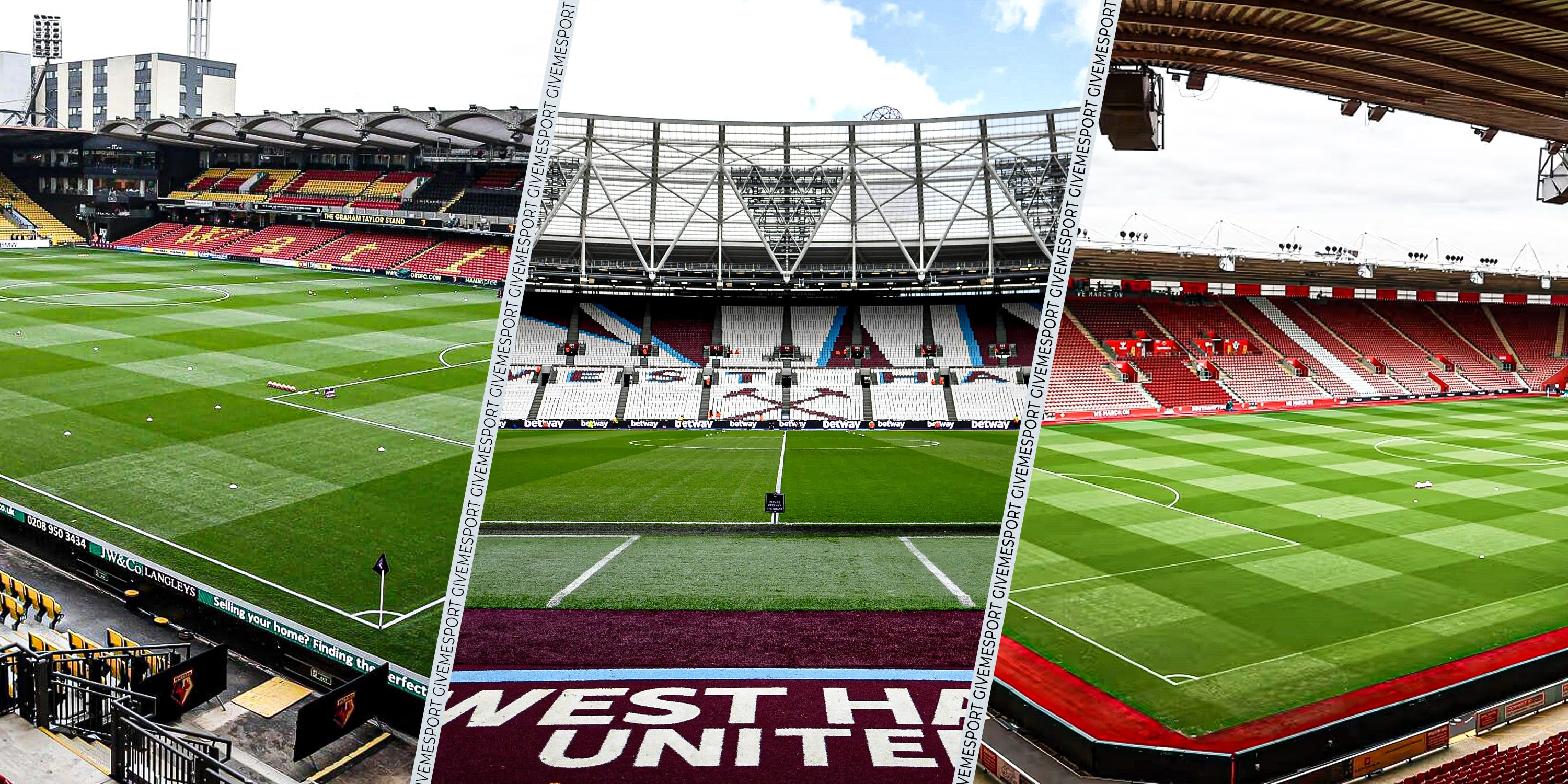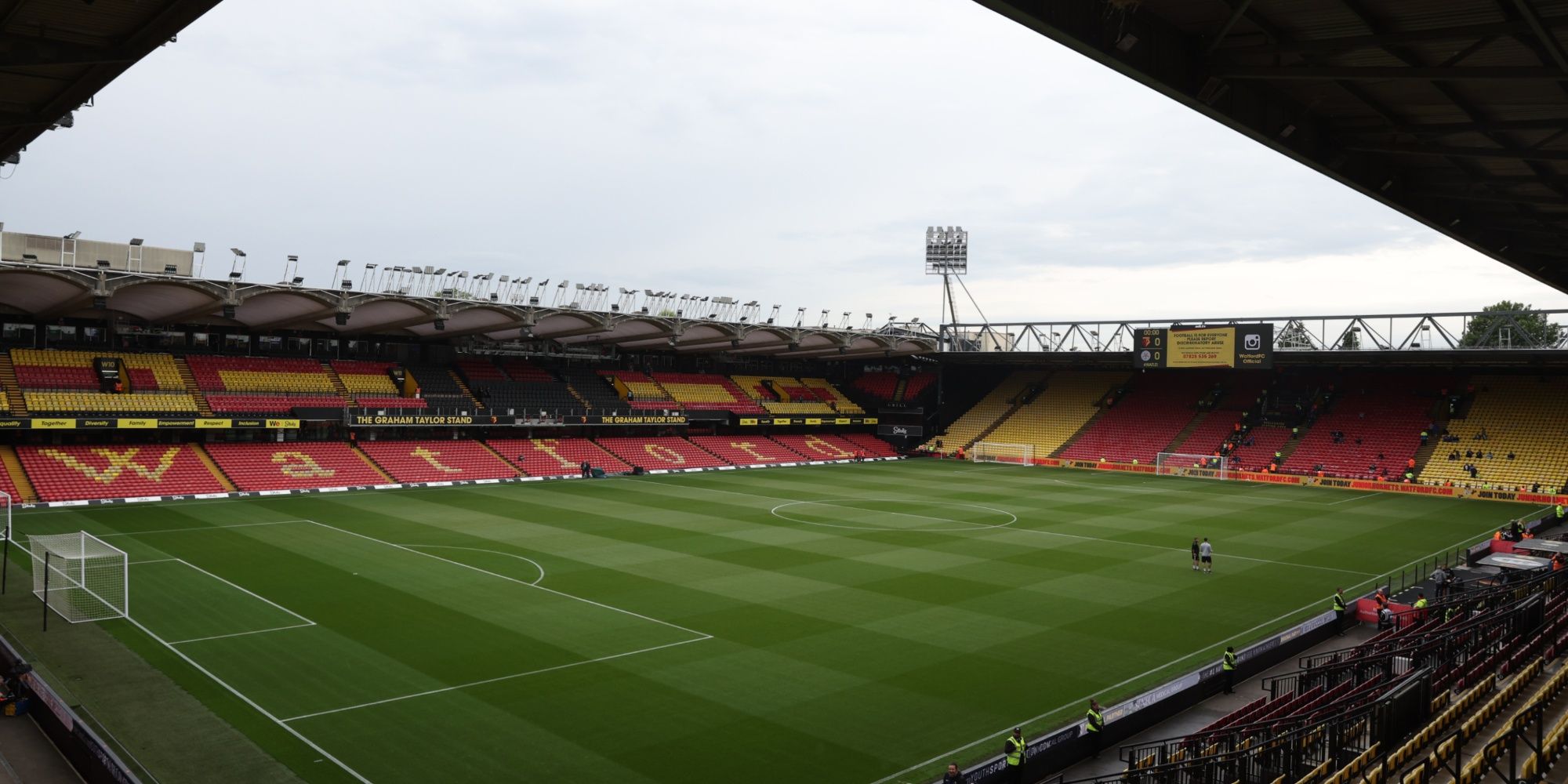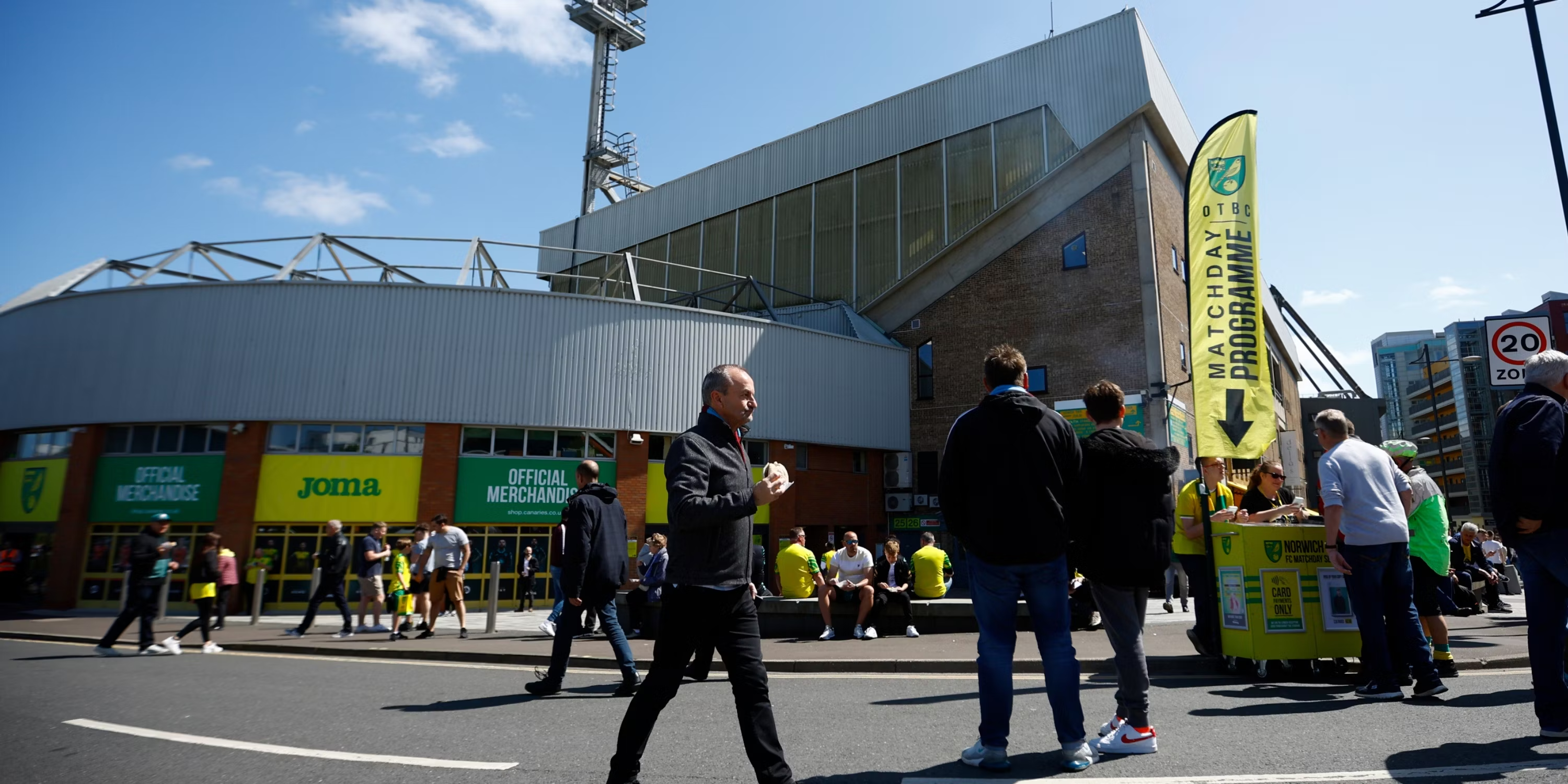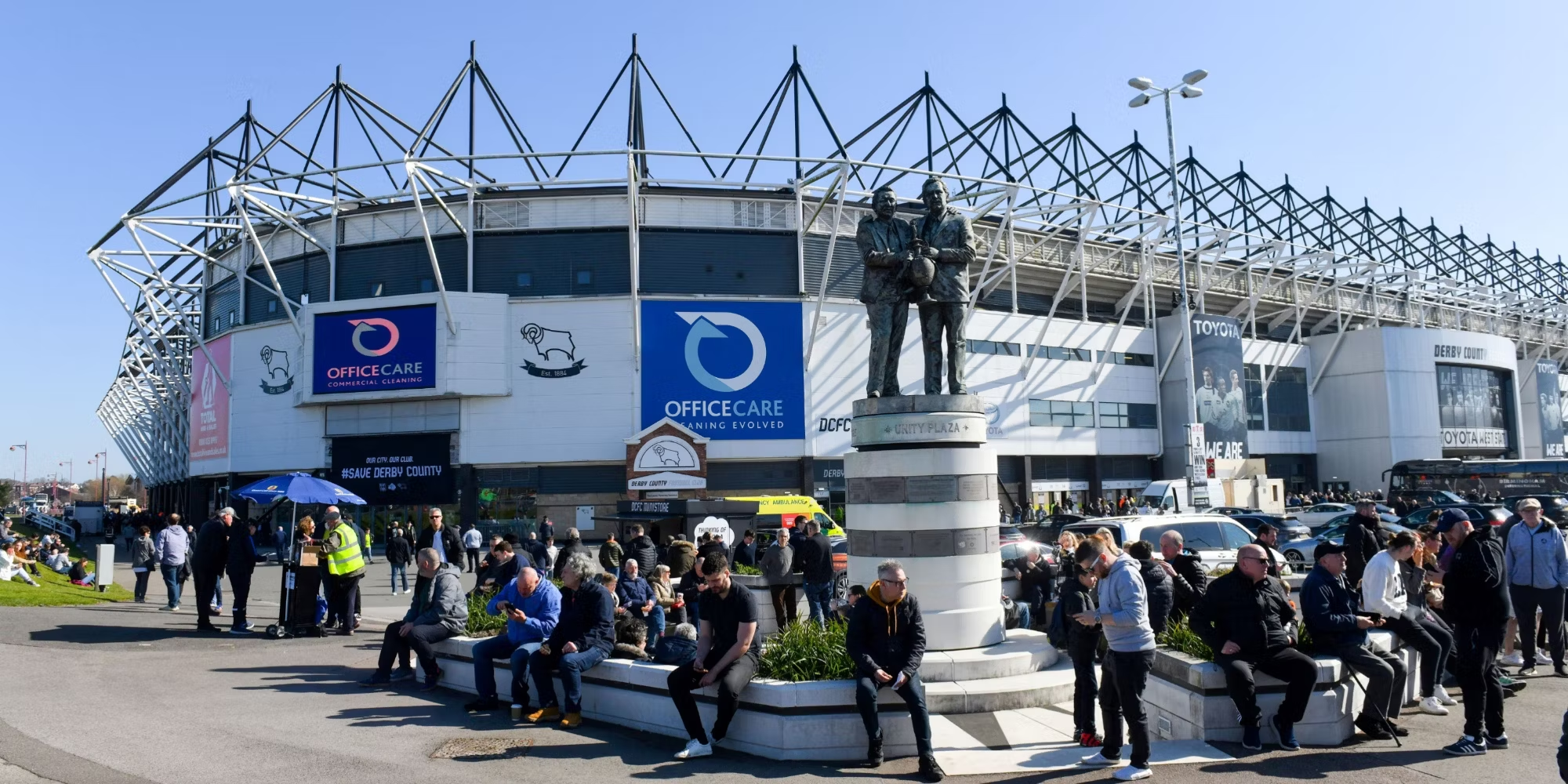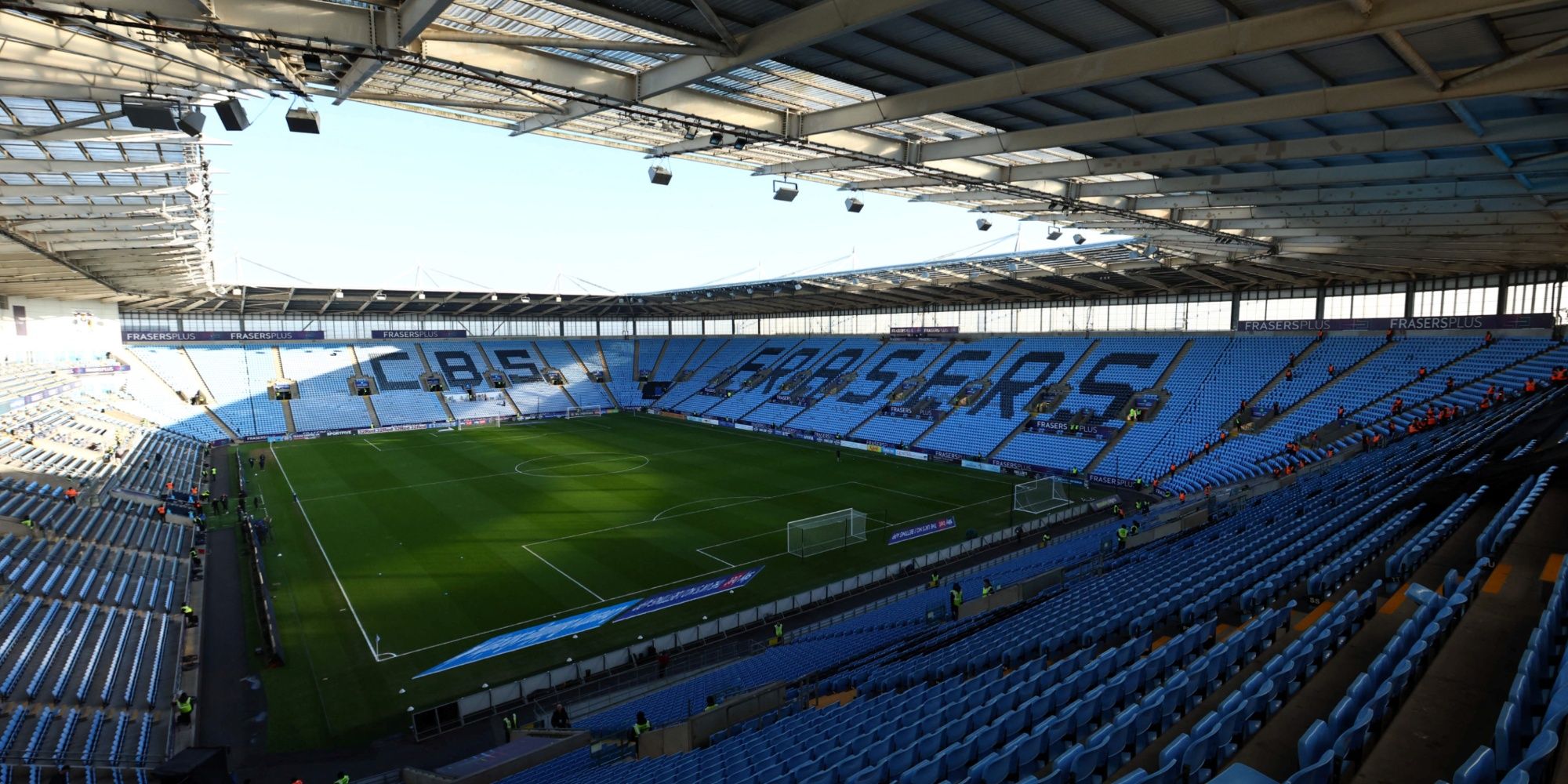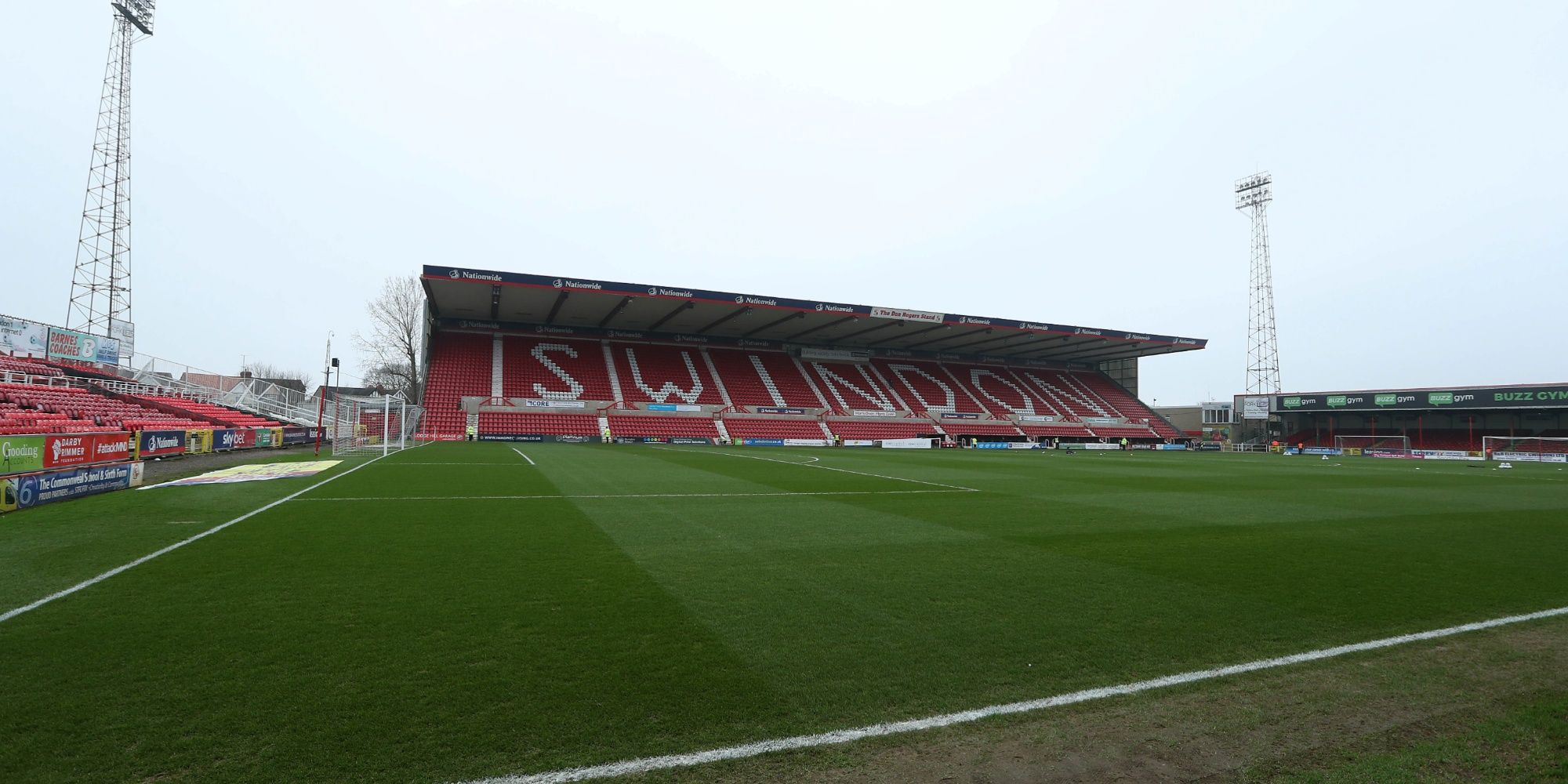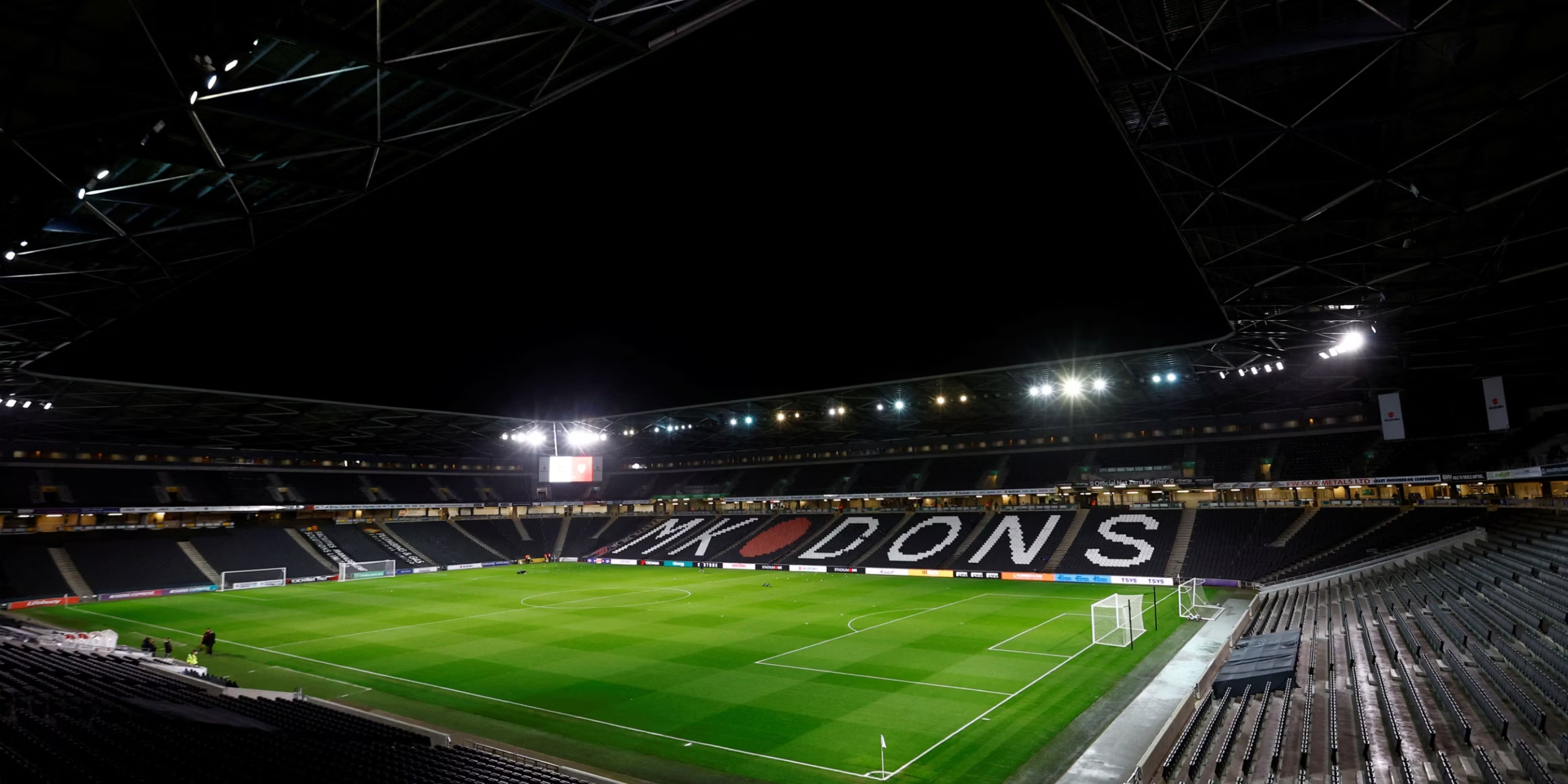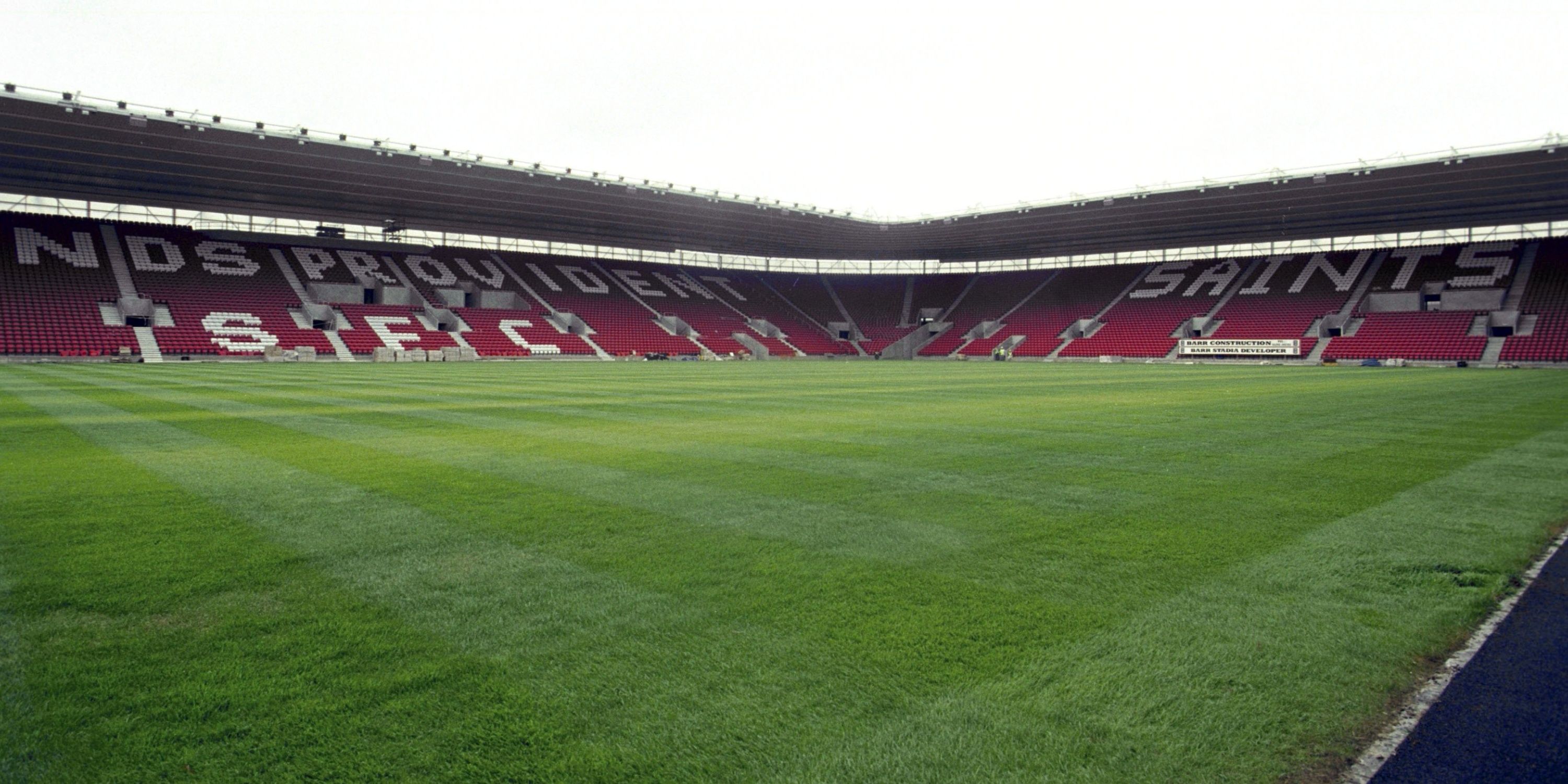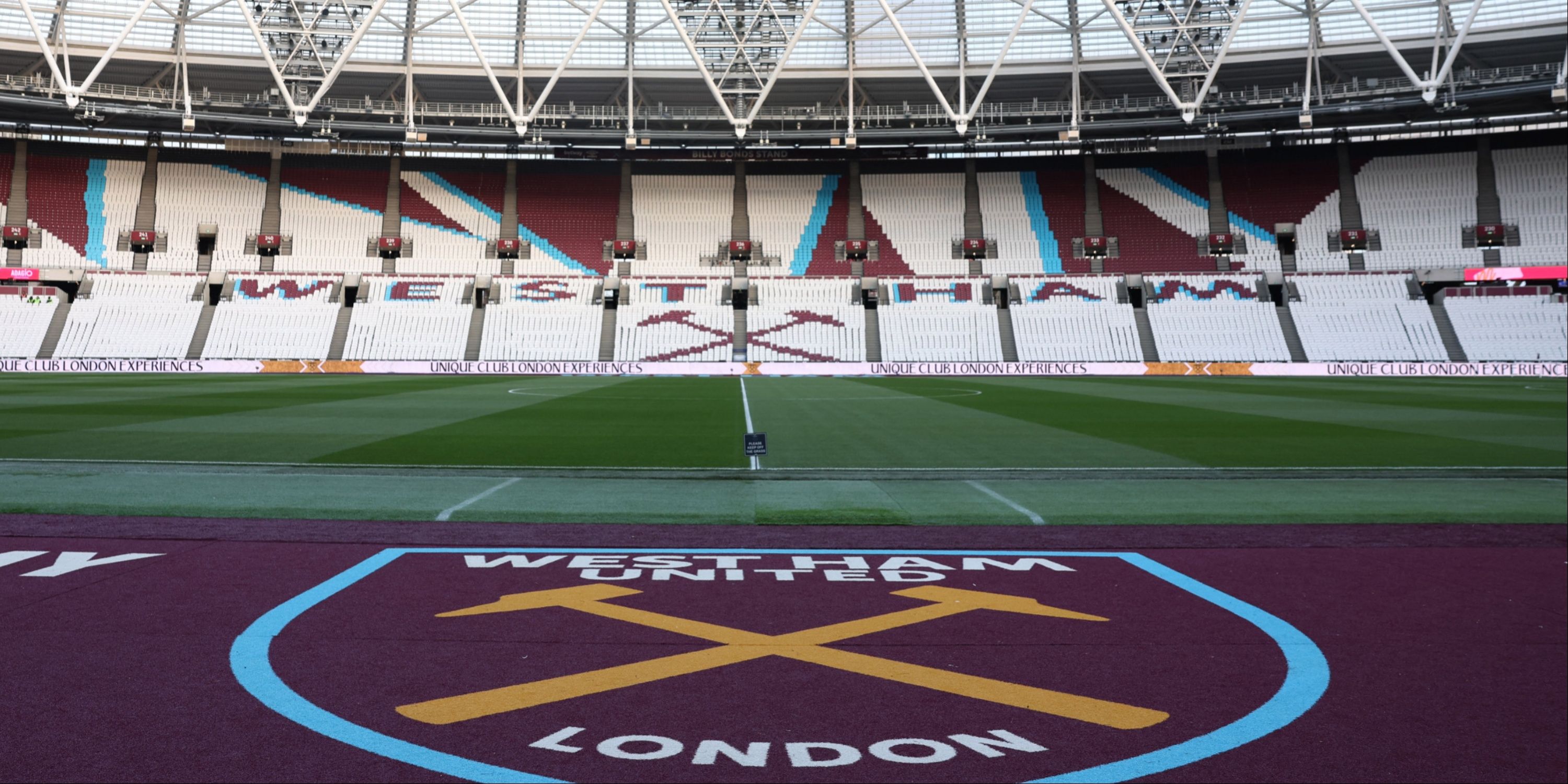Britain is home to a fine tapestry of football grounds, many of which possess rich history and generate spectacular match-day experiences – be it in the Premier League, Scottish Premiership or elsewhere across the United Kingdom.
However, not all grounds are created equal and there are, equally, stadiums that frequently struggle to meet the standard. Atmospheres at these grounds can be flat for a variety of reasons and the lack of passion and vigour can make for a disappointing trip. Here, the 10 worst stadium atmospheres in British football have been listed and ranked.
Wigan Athletic
Wigan Athletic’s fortunes have steadily declined since their relegation from the Premier League – and improbable FA Cup victory – in 2013. They have since bounced between the second and third tiers and attendances have been below half the Brick Community Stadium’s capacity on average since they dropped into League One in 2015.
They remain mired in the third tier and, perhaps, after the high of beating Manchester City in the FA Cup final at Wembley, life in the lower divisions simply doesn’t compare. Fans will also know it by its former names, the JJB Stadium and the DW Stadium.
|
The Brick Community Stadium |
|
|---|---|
|
Year Built |
1999 |
|
Seating Capacity |
25,133 |
9 Vicarage Road
Watford
Watford have become most well-known for their tendency to cycle through managers at a clip that even former Chelsea owner Roman Abramovich would struggle to keep up with.
The Hornets have gone through 18 head coaches in the last decade and that constant upheaval and lack of stability has begun to take its toll on supporters, particularly in the last few seasons as their yo-yo Premier League status has given way, with the club finishing 15th in the second tier last season and 11th the year before. As such, that weary fanbase has struggled to generate much of an atmosphere at Vicarage Road of late.
|
Vicarage Road |
|
|---|---|
|
Year Built |
1921 |
|
Seating Capacity |
22,220 |
8 Carrow Road
Norwich City
Norwich City, unlike some of the clubs on this list, do not have much of an issue with supporter attendance, frequently attracting plenty of fans relative to their stadium’s capacity.
However, Canaries fans are perhaps not renowned for being the most vocal group and, therefore, the atmosphere at Carrow Road can be rather disappointing even when it is at or near capacity. On the occasions when the stadium is not as full as it normally is – perhaps for a game deemed to be of lesser importance – that lack of energy is even more stark.
|
Carrow Road |
|
|---|---|
|
Year Built |
1935 |
|
Seating Capacity |
27,244 |
7 Pride Park
Derby County
Derby County have fallen on hard times in recent seasons, suffering relegation to League One in 2021 after a 21-point deduction for going into administration and breaching EFL accounting rules.
Though they have recently fought their way back into the Championship, the team’s suffering has unsurprisingly affected the fans, leading to a dampening of the atmosphere around Pride Park.
|
Pride Park |
|
|---|---|
|
Year Built |
1997 |
|
Seating Capacity |
33,597 |
6 Coventry Building Society Arena
Coventry City
Attendances at the Coventry Building Society Arena did rise last season, but Coventry City’s average attendance have been poor for some time. They sat at below 20,000 – less than two-thirds of the stadium’s capacity – for the preceding two campaigns and three of the five seasons between 2014/15 and 2018/19 saw numbers fall to below 10,000.
The frequent emptiness of the stadium has a significant knock-on effect on the quality of the atmosphere, leading to a flat experience lacking in any real intensity.
|
Coventry Building Society Arena |
|
|---|---|
|
Year Built |
2005 |
|
Seating Capacity |
32,753 |
5 The County Ground
Swindon Town
The County Ground – an old ground full of history – has been due a makeover for quite some time.
Its capacity is limited and, while its age brings a certain nostalgic charm, the stadium does need a firm pull into the 21st century in many respects. However, Swindon Town’s continuous struggles – suffering relegation to League Two on several occasions since the turn of the century, where they still remain – have prevented work from taking place.
The consistently poor displays of the team and the ground being in so desperate need of work serve to generate an altogether poor matchday atmosphere.
|
The County Ground |
|
|---|---|
|
Year Built |
1890 |
|
Seating Capacity |
15,728 |
4 Stadium MK
MK Dons
MK Dons may occupy the big, shiny Stadium MK, but they struggle badly to fill it. In fact, the club rarely averages attendances that take up even half the ground’s capacity.
Part of that struggle stems from the club’s origins – they arose from the ashes of the old Wimbledon FC after they went into administration with the move to Milton Keynes bitterly opposed by many of the club’s fans. AFC Wimbledon was formed in protest, with many of Wimbledon FC’s fans choosing to support that fledgling club and leaving MK Dons to form a largely new supporter base in Milton Keynes. The result is a half-empty stadium, a fanbase with little history to sing of and a decidedly blank atmosphere.
|
Stadium MK |
|
|---|---|
|
Year Built |
2007 |
|
Seating Capacity |
30,500 |
3 St. Mary’s Stadium
Southampton
Southampton venue St Mary’s Stadium is by no means a poor ground – but it can often feel flat and lack intensity.
The Saints have, at times in history, been a significant footballing force and a little over a decade ago, they were hailed for their talent identification and development of young players. However, since the reign of Mauricio Pellegrino, the club’s fortunes have declined steadily and so too have their atmospheres. The 9-0 drubbing by Leicester City at the ground in 2019 perhaps left something of a scar on the fanbase’s collective psyche.
A lack of obvious rivalries also hurts the ground’s atmosphere, with no significant derbies (sorry Bournemouth) to look forward to that ramp up the volume and passion.
|
St Mary’s Stadium |
|
|---|---|
|
Year Built |
2001 |
|
Seating Capacity |
32,384 |
2 MKM Stadium
Hull City
Hull City stadium atmospheres have suffered in recent years, particularly since 2017, when fan protests began against then-owner Assem Allam and supporter attendance declined, making for a flat and generally disgruntled atmosphere.
That continued through to 2022 and, despite something of an upturn since Acun Ilicali purchased the club from Allam, the vibrancy and intensity of the atmosphere in the ground has suffered longer-term damage that still has some way to go before it can deliver the sort of match-day experience it should.
|
MKM Stadium |
|
|---|---|
|
Year Built |
2002 |
|
Seating Capacity |
25,586 |
1 London Stadium
West Ham United
West Ham United’s former stadium, Upton Park, could have been a contender for a place on a list of the top 10 best stadium atmospheres. Their shift to a bigger, shinier new ground was supposed to mark a step forward in the club’s history, however, and enable the Hammers to compete more regularly at the top end of the table.
That vision – or a version of it – did eventually come to pass, with David Moyes’ second spell in charge delivering regular European football and the Conference League trophy, but the end of his tenure was plagued with fan dissatisfaction, making for a truly unhappy atmosphere on matchdays. Their initial move was fraught with issues as well, as fans struggled to settle into their new home amidst a plethora of issues – a running track that kept fans far from the action and a generally flat feeling as supporters acclimated to unfamiliar surroundings. Those problems have still not fully been resolved and make a trip to what should be one of Britain’s most glamorous grounds a truly disappointing experience.
|
London Stadium |
|
|---|---|
|
Year Built |
2011 |
|
Seating Capacity |
62,500 |


